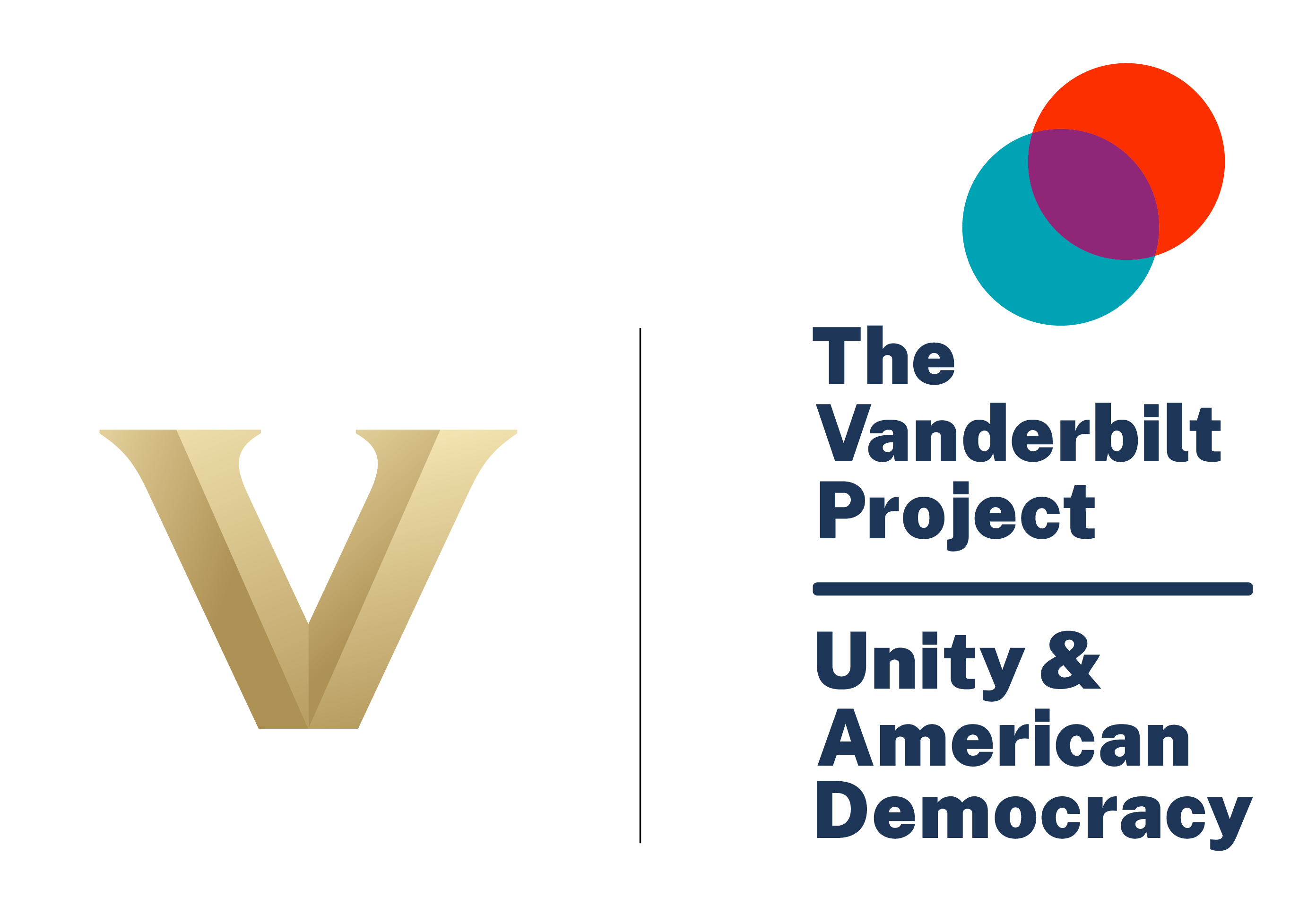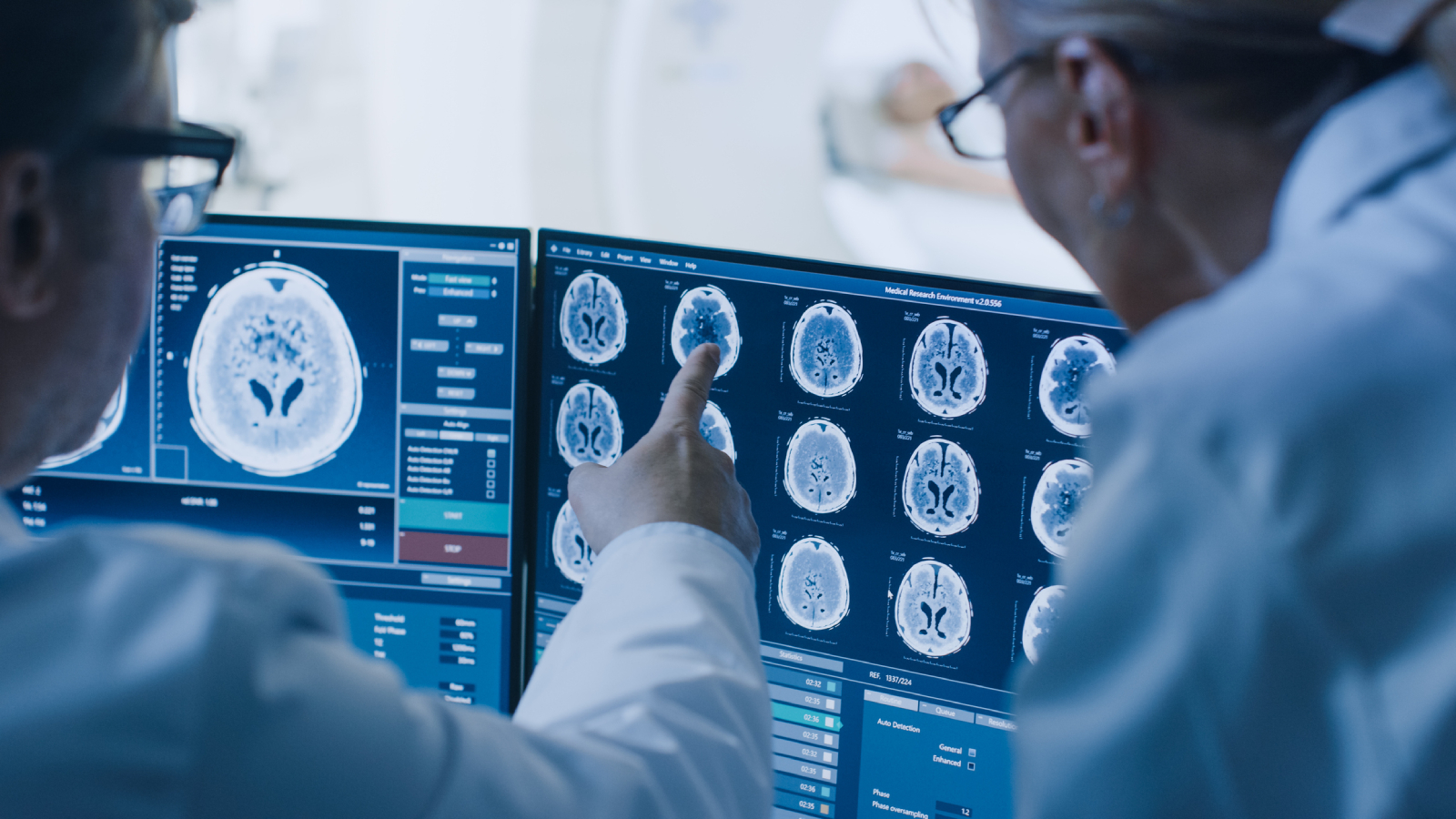By Jenna Somers

In the first four months of Donald Trump’s presidency, leading up to Trump firing FBI director James Comey on May 9, 2017, they met privately nine times. Alarmed by how these meetings broke with traditional boundaries between presidents and FBI directors, Comey said he felt compelled to write contemporaneous notes of each meeting. After he was fired, Comey asked a friend to publicly release excerpts of these notes, which, for the remainder of Trump’s presidency, became the topic of congressional testimonies and informed Special Counsel Robert Mueller III’s investigation into whether President Trump committed obstruction of justice.
In a high-stakes, he-said, he-said dispute like the conflicting accounts of Trump and Comey, who is to be believed? Whose testimony is most accurate? A recent study led by Sarah Brown-Schmidt, professor of psychology and human development at Vanderbilt University’s Peabody College of education and human development, may shed light on these questions. The study found that written memoranda of conversations, or memcons—like Comey’s notes—may provide more details and be more accurate than the delayed recall of mutual conversation participants. They also aid the notetaker in retaining more—though not necessarily more accurate—information than the notetaker’s conversational partner.
“Many studies of learning and memory have shown that attempting to recall information from memory improves your ability to recall it in the future,” Brown-Schmidt said. “This study shows that the same is true for conversational memory—creating a written record of a recent conversation supports the ability to recall it later on. So, in situations where it is important to memorialize a conversation, taking a memcon not only supports your own memory for it, but also creates a written record of that conversation that may be more complete an accurate than what could be recalled in the future.”
Christopher B. Jaeger, JD’09, PhD’20, assistant professor of law at Baylor Law School; Melissa J. Evans, a doctoral student in psychology at Vanderbilt; and Aaron S. Benjamin, professor of psychology at the University of Illinois, collaborated with Brown-Schmidt on the study. The researchers asked twenty-one pairs of test participants to hold one-on-one conversations. One participant took notes immediately following the meeting and the other did not. Both were then asked to orally recall details about the conversation one week later.
The researchers measured memory for conversation by idea unit (IU), which is “the smallest unit of meaning that has informational or affective value; it represents the gist of each thought expressed by the interactants.” The memcons contained 24 percent of the conversational IUs and had an accuracy rate of 91 percent. At the one-week oral recall test, the notetaker recalled more of the conversational IUs (18 percent) than the non-notetaker (13 percent). Furthermore, the notetaker recalled 46 percent of the IUs written in the memcon but only nine percent of the IUs that were not written down. This information suggests a protective effect of notetaking on a notetaker’s memory.
Additionally, the researchers found that notetaking enhances memory for conversation by increasing the amount of information remembered but not necessarily the accuracy of that information, as both partners were equally accurate in recalling discussion content and source attributions. This information suggests that notetaking has a quantity-over-quality effect on memory for conversation. Notably, only 4.7 percent of the IUs expressed in a conversation were accurately recalled by both partners one week later.
This study has important implications for the role and evaluation of testimony in professional, political, and legal situations. It also reinforces intuitive knowledge about the need for notetaking immediately following meetings, as notes provide the most informed and accurate portrayal of a conversation in the absence of an audio recording or transcript.


